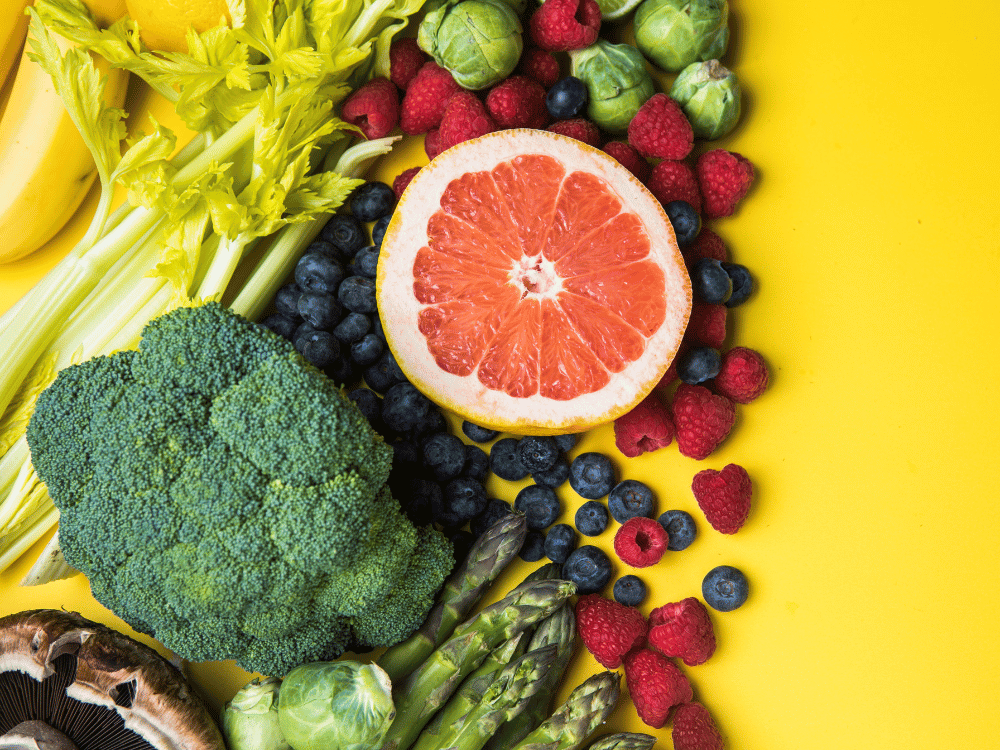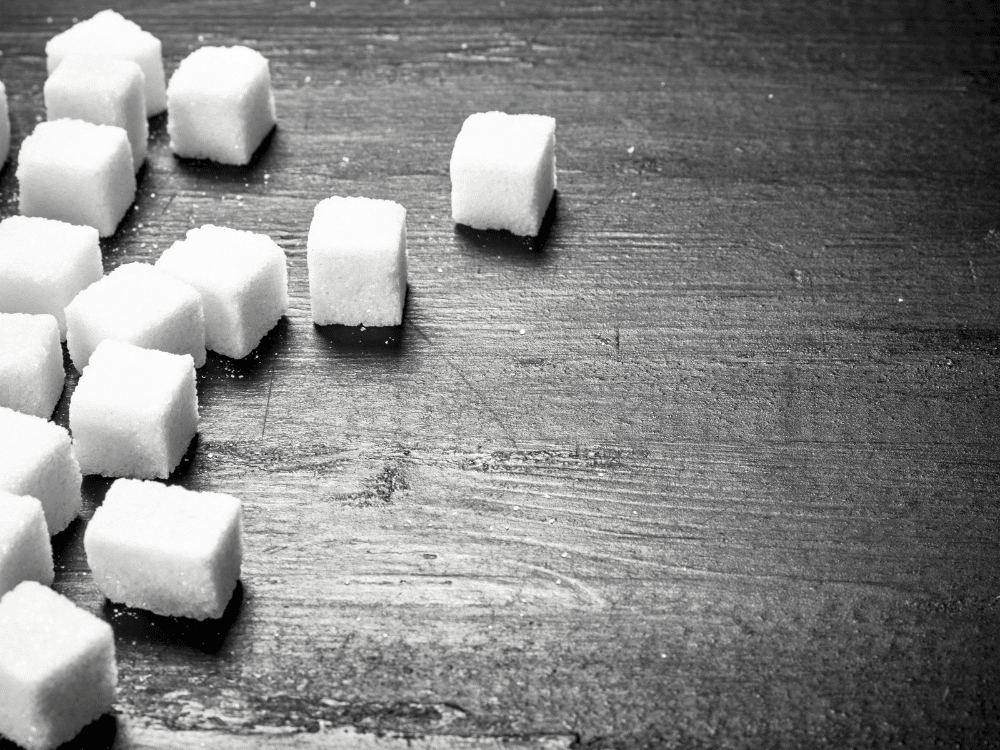What is refined sugar?
Sugar, better known as one of the four "white deaths" (sugar, salt, flour and fat) can be easily controlled if we prepare our own food and do not eat ready-made products so often. Refined sugar is an additive that is most often added to various products and is hidden almost everywhere.
Many industrially produced sweets, milk, yogurt, spices and various baked goods, including many types of bread, contain it. It is characteristic of sugar that it suddenly raises the level of glucose in the blood, first providing a burst of energy, but immediately after that it suddenly drops the level of sugar in the blood, which causes fatigue, but also an even greater craving for sugar.
Refined sugars have become an indispensable part of the modern diet, but their harm to our health has become undeniable. These processed sugars go through a refining process that removes all the beneficial nutrients, fiber and minerals, leaving behind "empty" calories that contribute to numerous health problems.
We usually think that refined sugar is only added to sweets. The real truth is that it is added to meat, dairy and bakery products as well as non-alcoholic refreshing drinks. 74% processed foods contain refined sugars. Even if we eliminate sweets from our diet, it is still possible to consume more than the recommended values.
Another problem is that refined sugars do not have a satiating effect, which means that we consume more calories than we really feel we need. This can contribute to overeating and excess weight. In addition, research indicates that a high intake of refined sugars can negatively affect brain function, leading to problems with memory and concentration.

There is a difference between natural sugars (like lactose in milk or fructose in fruit) and refined sugars, like high-fructose corn syrup (HVCS).
Natural sugars are unrefined carbohydrates, while VFX is carcinogenic. By cutting out refined sugars, you will stabilize your body weight, restore proper functioning of your digestive system, have more energy, your skin will be healthier and more beautiful, and believe it or not, you will get rid of your sweet tooth.
Making a conscious choice to reduce refined sugars can contribute to better overall health and well-being in the long run.
Tips on how to reduce your intake of refined sugar
Refined sugars are all around us, but luckily for us there are many healthier alternatives to refined sugars, so eliminating refined sugars from the diet is definitely not impossible. In this part of the text, we will try to give you some tips on how you can limit the intake of these sugars relatively easily.
Eat fruit.
Whenever you have a craving for something sweet, grab some delicious fruit and eat it instead of candy. Fruit is naturally sweet and can satisfy your needs perfectly without the intake of refined sugars.
Eat sweet vegetables.
Vegetables like corn, sweet potatoes, carrots and pumpkin are also naturally sweet and can satisfy your needs. Also, you can easily prepare these vegetables as a side dish with the main dish and thus provide yourself with a complete meal.
Cut out sodas.
Drink water instead of carbonated juices, freshly squeezed fruit juices or mineral water with added lemon. Carbonated juices are generally full of refined sugars and by eliminating these juices from your daily routine you will see results very quickly.
Use natural sweeteners
When preparing cakes, tarts or other sweets, use natural sweeteners. Some of them are maple syrup, honey, agave syrup or stevia. These sweeteners will bring the desired sweetness to your dessert, but in a much healthier way.
Include whole grains in your diet
Whole grains are another type of food that is naturally sweet. Chew them thoroughly to release their natural sweetness. Whole grains are a great choice for breakfast along with fruit and some nuts.
Avoid keeping sweets in the house
Do not keep treats in the house. Just don't buy candy. If you want to, you'll have to go get them, and chances are you'll end up giving up. You'll simply realize that maybe you don't crave sweets as much as you thought.
Replace milk chocolate with dark chocolate
Try dark chocolate, or buy chocolates with as high a percentage of cocoa as possible. If your addiction to sweets is mostly reflected in eating chocolate, replace milk chocolate with dark chocolate. It contains various substances that will have a beneficial effect on your health, and you probably won't be able to eat the whole bar of chocolate, as was the case with milk chocolate before. There are a great number of quality dark chocolates on the market now and there is simply something for everyone's taste.
Avoid alcoholic beverages.
Avoid mixed alcoholic drinks. Do you know how much sugar they contain? This knowledge would probably shock you. If you have the opportunity to drink alcohol, always choose wine.

Spices instead of sugar
Let your imagination run wild, try new spices and find out which spices you like as an alternative to sugar. Here are some spices you can't go wrong with:
- Cinnamon – has a naturally sweet taste. It helps reduce the bitterness of food and coffee, but is also great with fruits and vegetables
- Vanilla – has a very strong and pleasant smell. It is mainly used in ice creams. You can also use vanilla when making cakes, pastries and dairy products to give them a natural sweet aroma and taste.
- Red pepper - mostly foods that taste great when flavored with sugars also taste great when flavored with spices.
- Carnations are sweet and aromatic. They go great with pies, fruit, with meat and onions.
- Nutmegs are a sweet spice with a slightly bitter taste...they go great with hot drinks like coffee, tea and apple juice, but they also go great with baked goods or even soups and stews.
Negative consequences of white sugar
White sugar, besides not benefiting the body and having no nutritional value, is really harmful. It is a real danger to human health because it is a direct or indirect source of modern diseases such as tooth decay, blood acidity, arteriosclerosis, loss of calcium in the bones, heart attack, diabetes, obesity, acne, stomach ulcer, high cholesterol, circulation problems, hypersensitivity, liver degeneration, nervous tension, etc.
Sugar makes us age faster. - If we eat large amounts of sugar, we accelerate cell damage and therefore aging, explains Robert H. Lustig, obesity expert. Then the cells of the whole body die much faster than in people who consume sugar in moderation. If you also have a fatty liver, there is a high risk of cancer, loss of cognitive abilities and other degenerative diseases.
How to recognize hidden refined sugars in food?
Sugar hides behind various pseudonyms. If you have decided to avoid sugar, you will have to watch out for the high level of fructose in corn, cane, agave, caramel, dextrose... There are dozens of names that actually denote sugar, and act as nutritional "codes" that are easy to overlook. Always look at the ingredients on the packaging, but don't forget to consult your doctor before implementing a new diet.
Recognizing hidden refined sugars in food can be a challenge, but developing the skill of reading product labels and understanding the different names for sugar is key. Not only the word "sugar" appears on the declarations, but also many other variations indicating the presence of this ingredient.
First, look out for ingredients ending in "-oza" or "-oza syrup" (eg glucose, fructose, sucrose). These names refer to different types of sugar. Also, look out for terms like "high-fructose corn syrup," which is often an additive to processed foods.
The second step is recognition of other synonyms for sugar such as "agave syrup", "honey", "maltose", "dextrose" and the like. Sweet additives like "sucrose", "lactose" and "maltodextrin" refined sugars can also be disguised.
Also, pay attention to the total number of grams of sugar listed in the nutrition table. If that number is high, it may indicate a significant content of refined sugars. The high number of grams of sugar in the nutrition table depends on the context of the diet, but it is generally considered that a high sugar intake exceeds the recommended daily intake of added sugar.
The World Health Organization (WHO) recommends that added sugar should not account for more than 10% of total energy intake in the diet. Ideally, that intake should be less than 5% of the total energy intake. Specifically, if a person adheres to a daily caloric intake of 2000 calories, this would mean that they should consume no more than 50-100 grams of added sugar per day (10-20% caloric intake). However, a lower intake of sugar is desirable to maintain optimal health.
When reading the nutritional table on the product declaration, pay attention not only to the total number of grams of sugar, but also to the portion size. Sometimes products contain more sugar than they appear because the portion stated on the declaration may differ from the amount you usually consume.
Basically, reading product labels carefully is key to spotting hidden refined sugars in foods. This allows you to make informed decisions about your diet and reduce your intake of unnecessary sugars that can negatively affect your health.

American Heart Association recommends the following daily amounts of sugar intake:
- Younger physically active men: up to 18 teaspoons (288 calories)
- Older men with no increased physical activity: up to 9 teaspoons (144 calories)
- Physically active women: up to 5 teaspoons (80 calories)
- Older women who do not have increased physical activity: up to 3 teaspoons (48 calories)
So, 1-3 glasses of iced tea and you have already exceeded the recommended daily doses of sugar. In fact, many of the foods we consume every day are loaded with refined sugar.
Removing refined sugars from your diet has numerous benefits for health and well-being.
Gradually avoiding refined sugars is a realistic and sustainable approach. Changing your diet too quickly can be challenging and lead to feelings of deprivation. Through a gradual transition, bodies adapt to new sources of energy and cravings for sweets are reduced. Healthier sweetener choices like honey, maple syrup or fruit provide natural alternatives and can gradually be integrated into the daily diet.
Reducing the intake of refined sugars brings a feeling of long-lasting energy, a more stable body weight and a reduced risk of chronic diseases. Through a gradual adjustment of taste and a versatile selection of healthy alternatives, you can gradually switch to a healthier way of eating and enjoy all the benefits it brings to your health.









